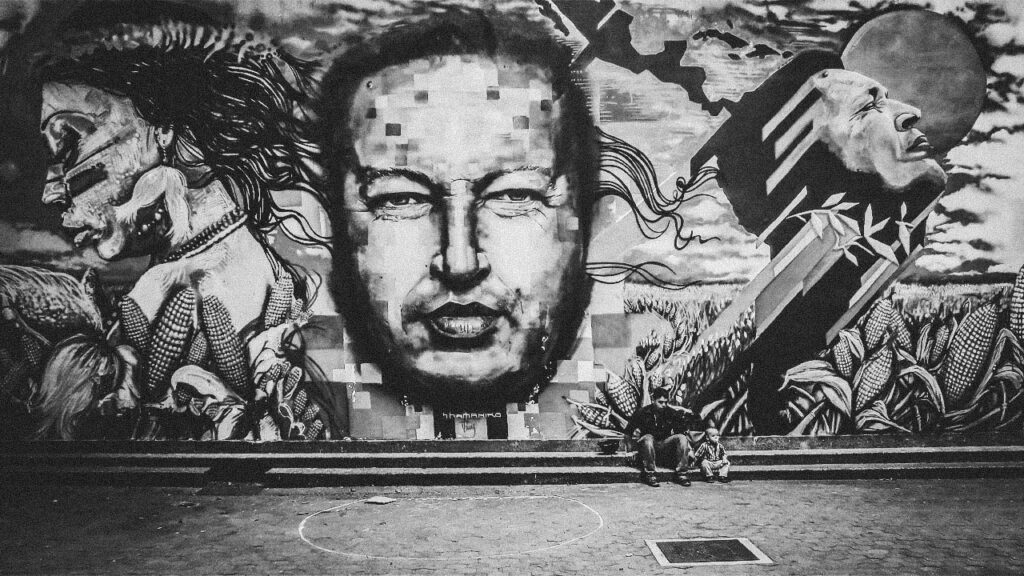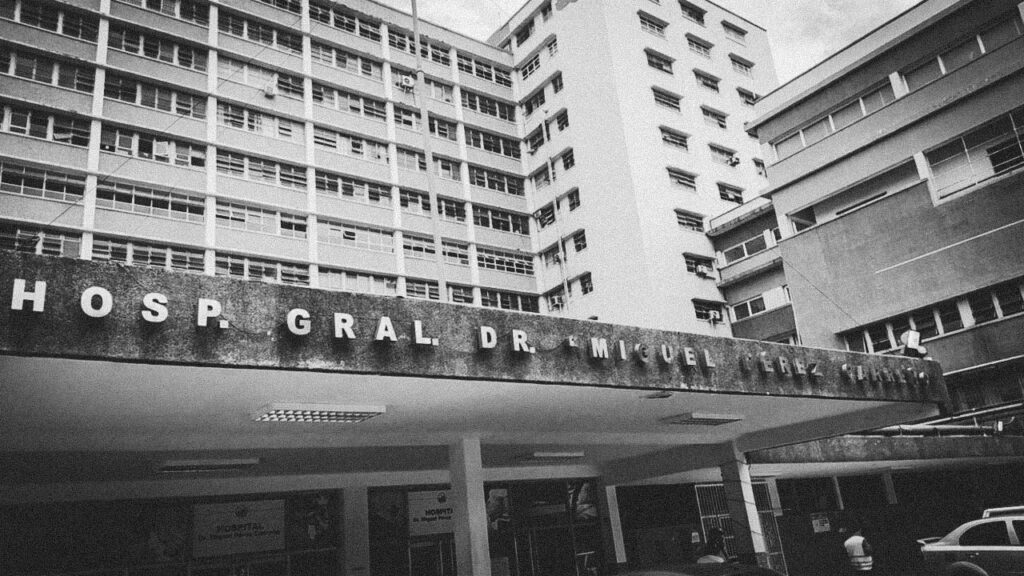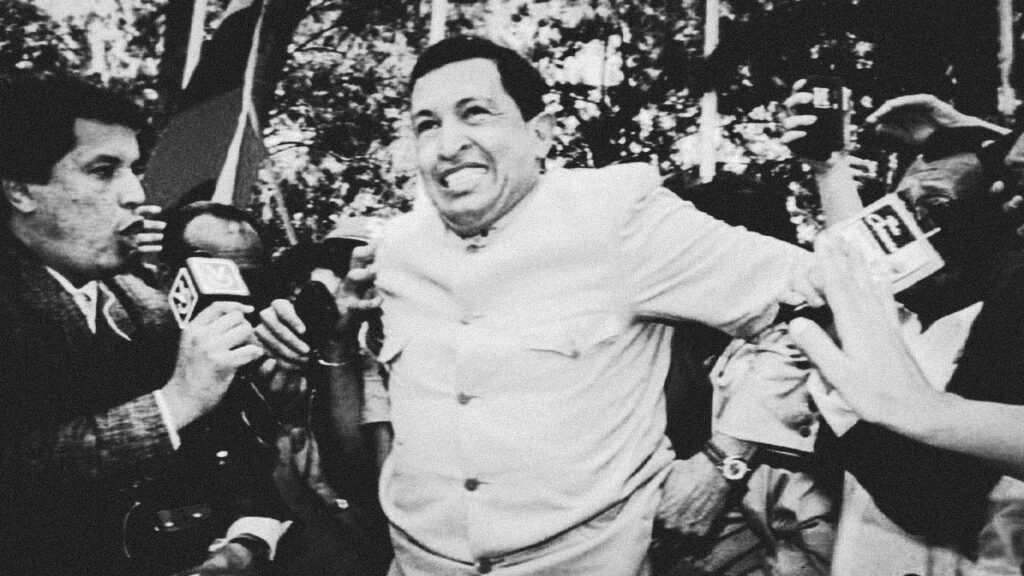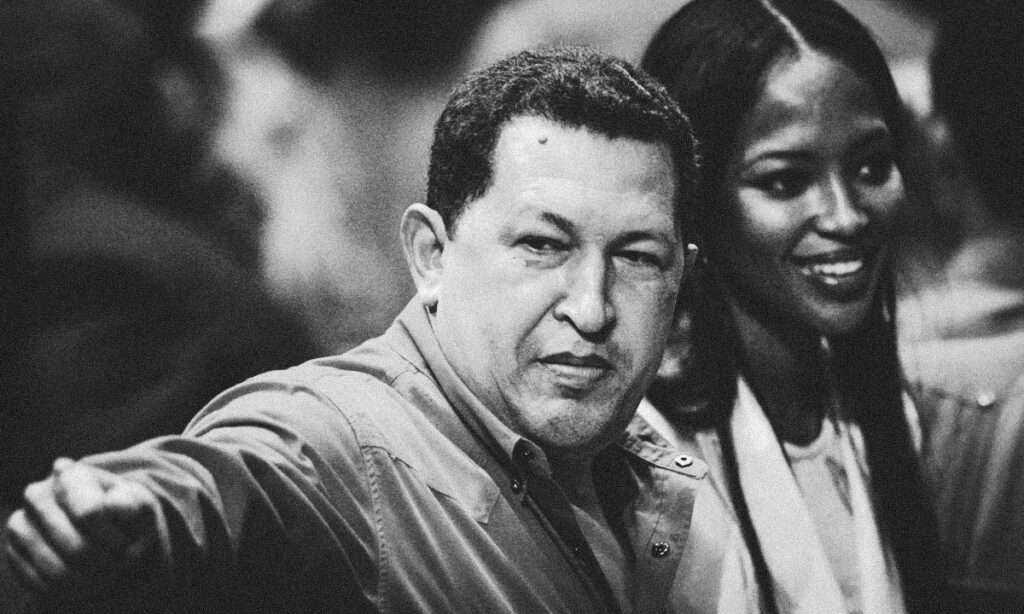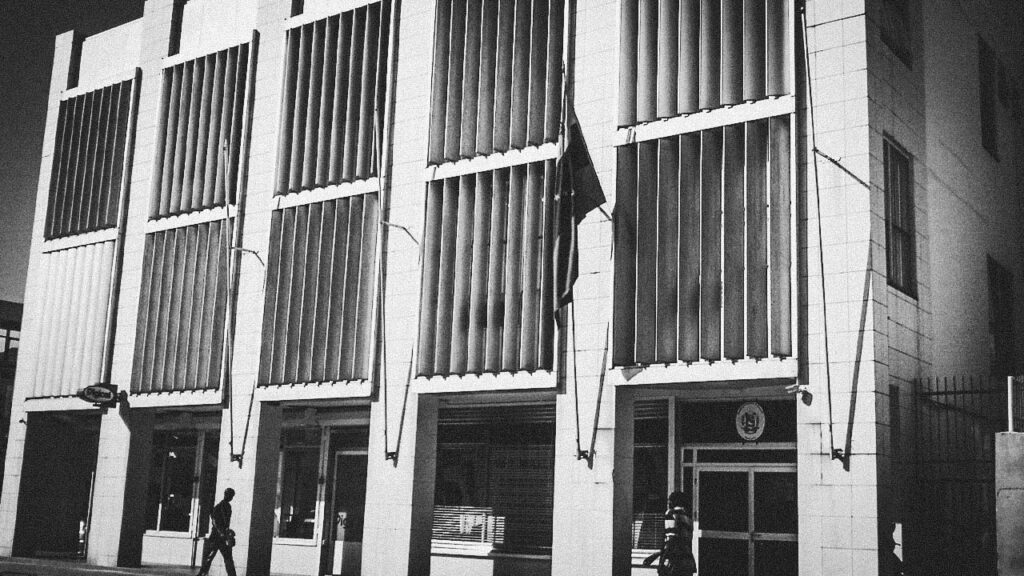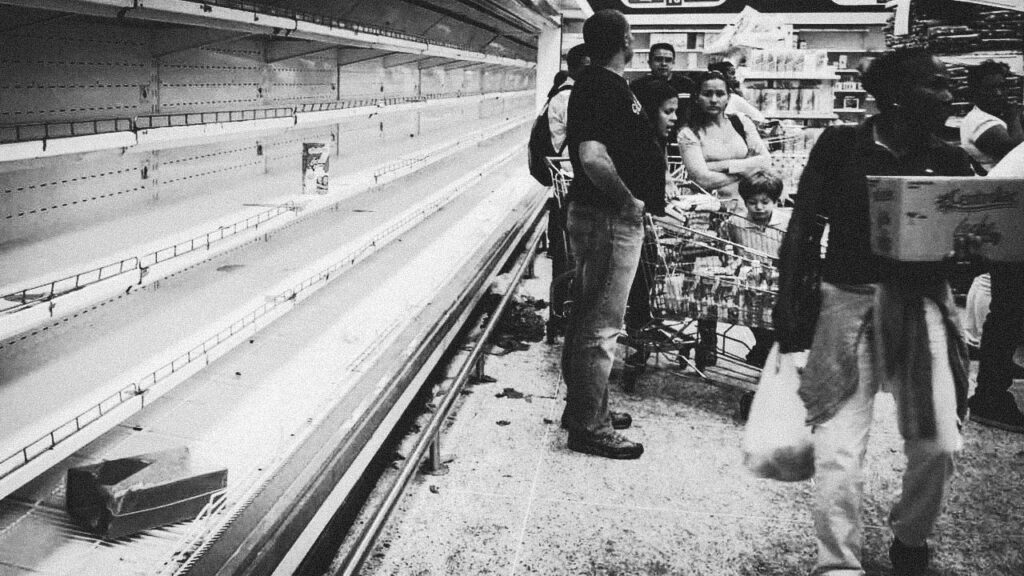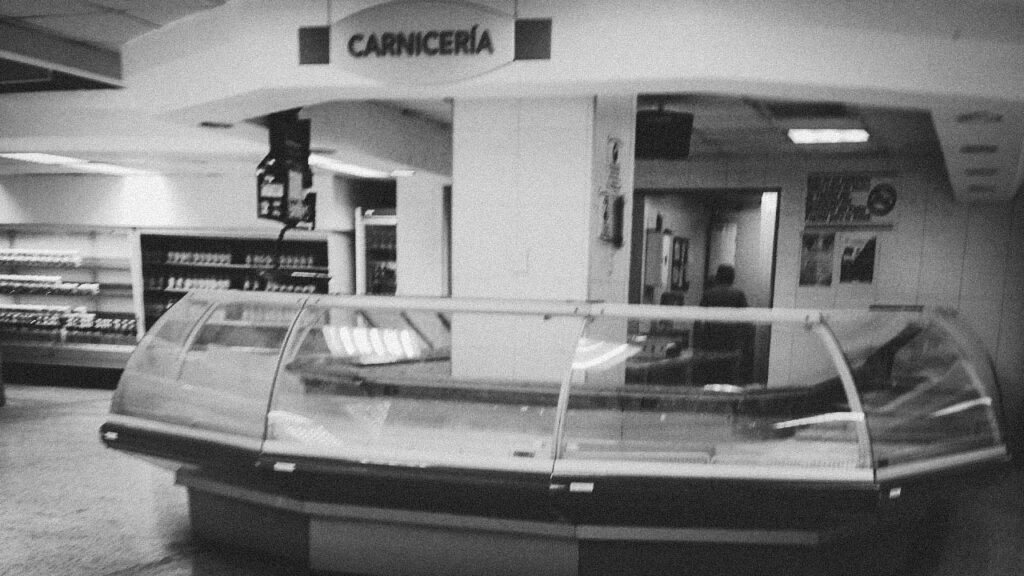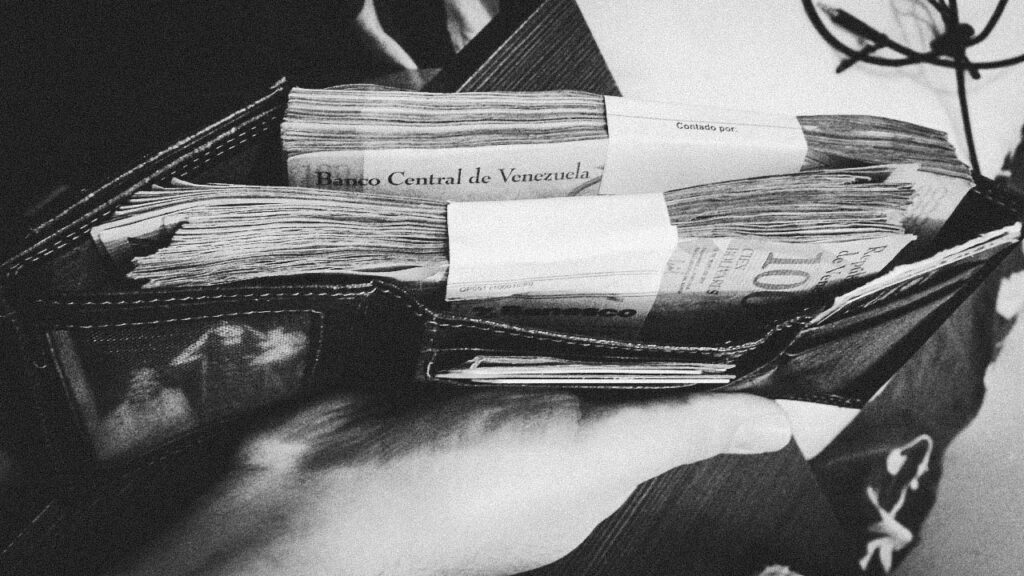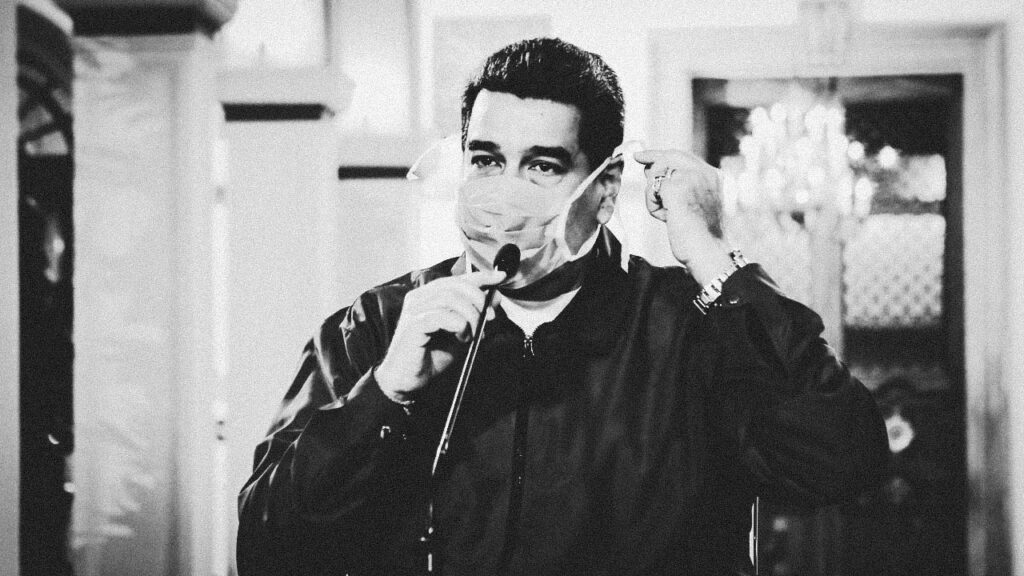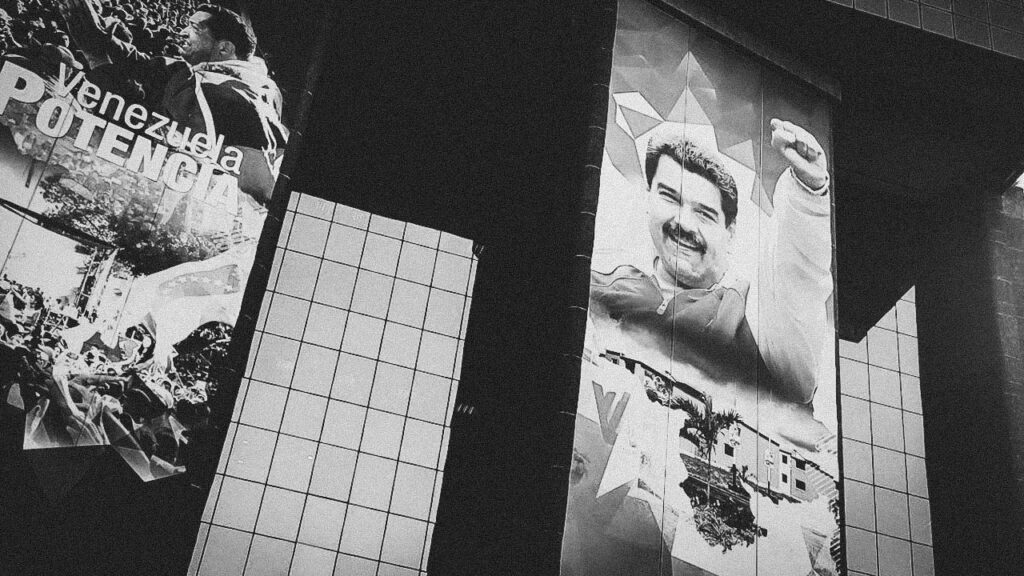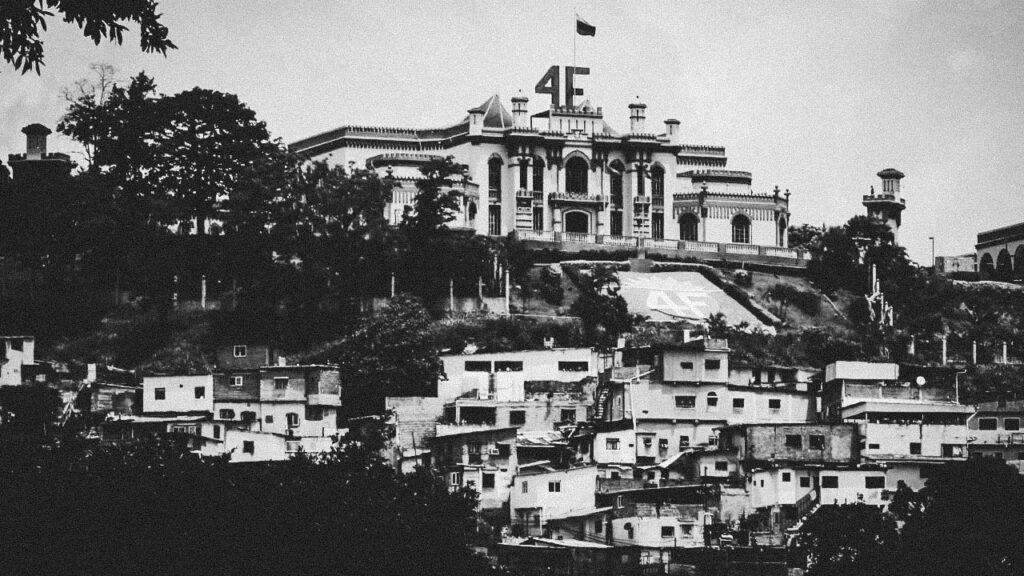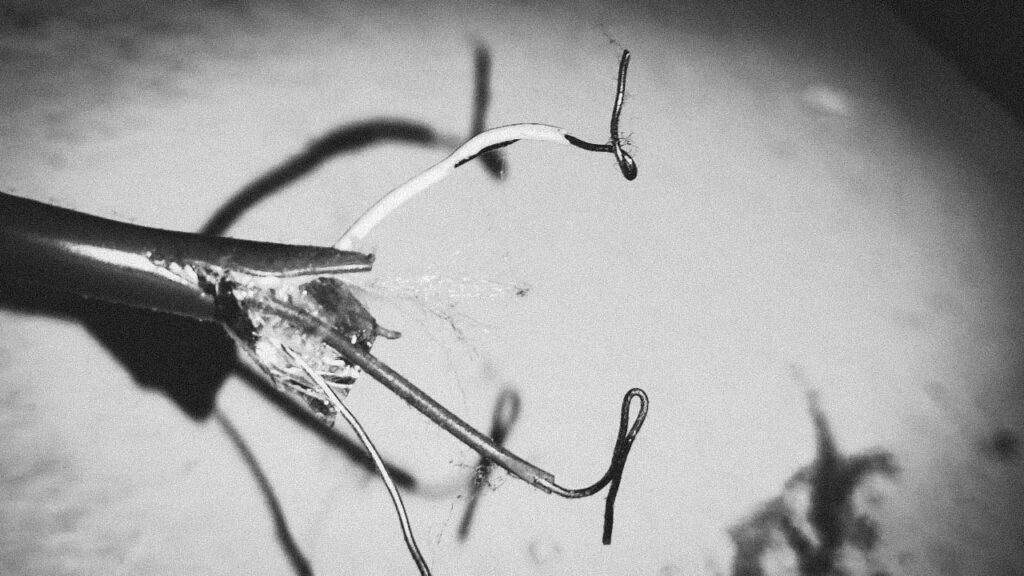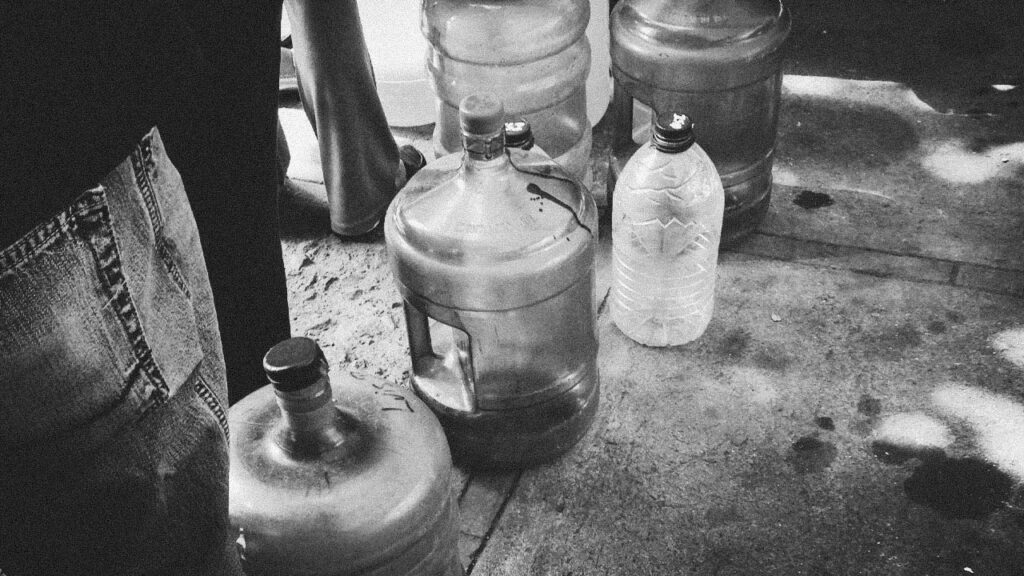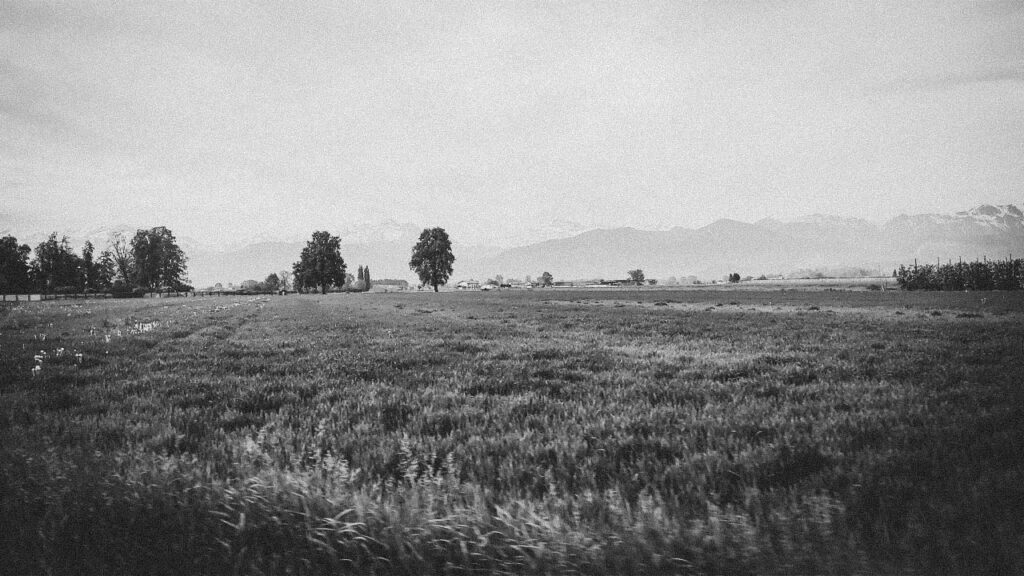On every continent, in every epoch of the modern era, socialism has ruined lives and hamstrung the destiny of nations. In the United States, which never had to suffer a fully socialist government, its popularity among young people is rising, but talk to Poles, Hungarians, Russians, Cambodians, or the people who fled North Korea, Vietnam, and Cuba, and you will hear the same story of stagnation, poverty, and oppression.
This is one of those stories — another plea, from another victim of socialism, for other people in other countries not to make the Great Red Mistake.
